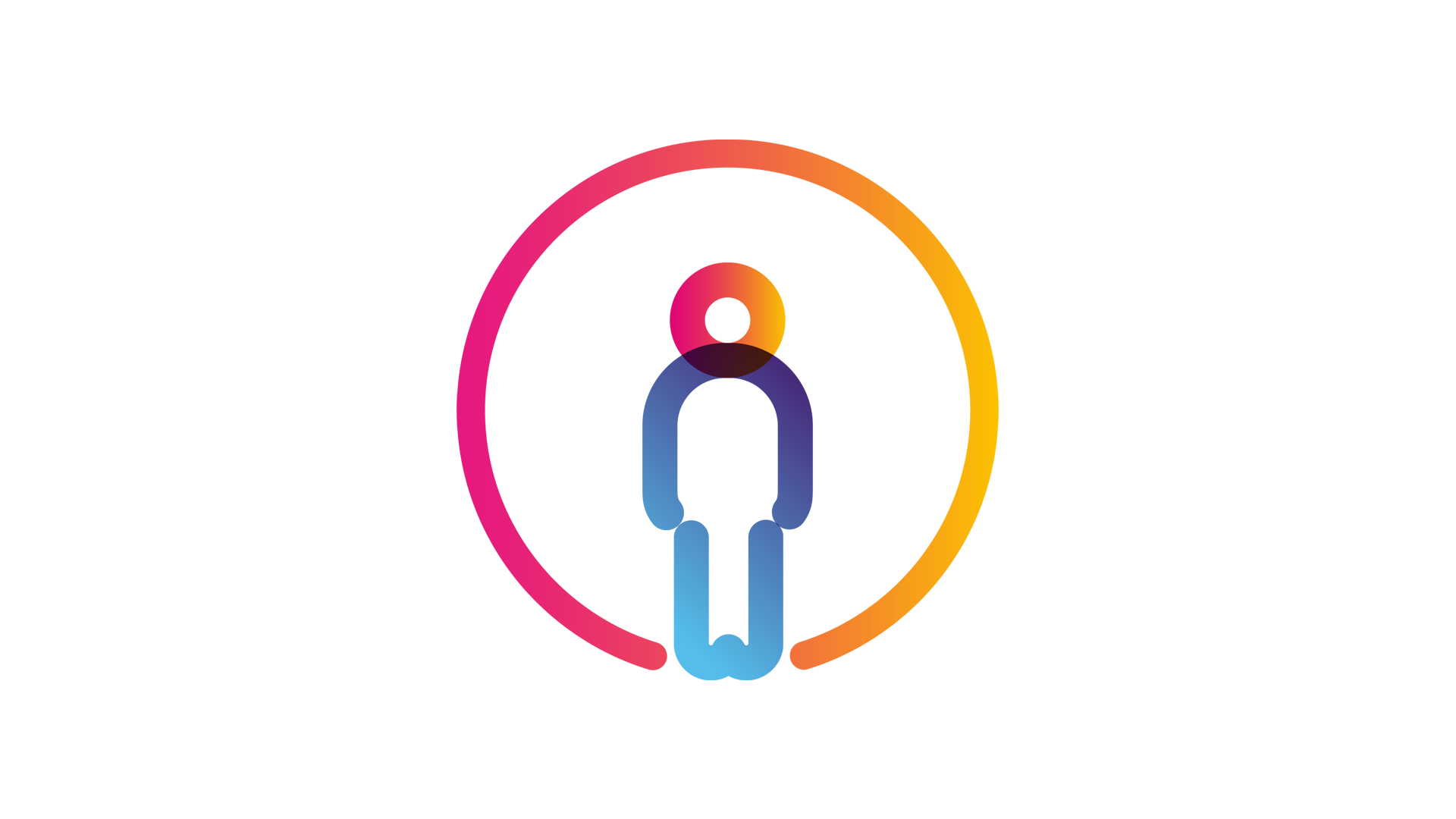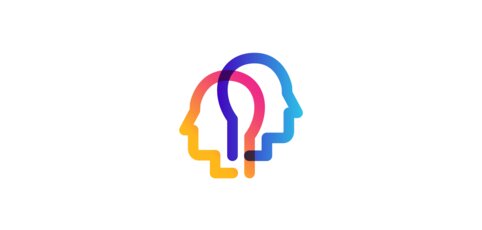Why did it take 37 years for anyone to notice I was Autistic?
By Chelsea
All my life, I’ve felt different. Weird, bewildered, unfeminine. I’ve watched from the sidelines and waited to understand how to join in. I’ve worried and fretted over rules that other people seem to know instinctively. I’ve literally sweated over things that other people barely noticed.
"All my life, I’ve felt different. Weird, bewildered, unfeminine. I’ve watched from the sidelines and waited to understand how to join in."

And all my life people have insisted that there’s nothing wrong with me:
"You just need to try harder!"
"Go easy on yourself!"
"Try to have more confidence!"
And so I struggled along. Getting bashed about every day by obstacles no one else could see and that I didn’t understand. Dusting myself off and trying hard all over again the next day.
Except for when I couldn’t. Because I was exhausted.
Earlier this year, I had one of these episodes of exhaustion. My anxiety got so bad that I couldn’t manage all my responsibilities, and I was forced to hold my hands up and ask for help.
After a lot of searching and asking and requesting and pleading and complaining, eventually, finally, it led to my diagnosis. It turns out I am Autistic.
So what were the specific things that I struggled with, that led me here? And how do I plan to deal with them?
Social phobia
When I was a little kid, I was afraid whenever the phone rang. My stomach would churn, and I would feel physically sick.
What if it’s my best friend? I thought.
“Chel, it’s Lexi!” Mum would shout. And I’d slink to the phone, with a feeling in my stomach.
I was afraid because Lexi always made me call back, so my mum paid the call instead of hers. I knew this was unfair, but I didn’t know how to say so. Not with Lexi telling me not to be a wimp. And so, heart racing, I would press the button and dial her number surreptitiously, praying that my mum wouldn’t notice.
That’s my earliest memory of social anxiety, and it only got worse. By thirteen, I’d found alcohol to help me manage it, but I couldn’t be drunk the whole time. Mostly I had to go to school sober, and that was torture.
How could anyone concentrate on learning when there were people everywhere? I strode through corridors with my shoulders back, not making eye contact. Hiding in the middle of the pretty, popular girls, I prayed nobody would talk to me.
In French, I was so afraid of being picked on in class, that I stopped attending. Mme Bird refused to recognize my lack of eye contact or the way my face turned red. She kept picking on me, as though I were as capable as anyone else. Deep down, I knew I wasn’t, and it made me feel ashamed.
Eventually, I started to walk home before the lesson. The first time I realized there was nobody there to stop me, I felt such relief.
Alcohol abuse
University promised freedom, but was, in many ways, worse. Now I was surrounded by people I longed to talk to, but I could only interact with them if I was drunk. Then I was confident and funny and irreverent. Rebellious and humorous and fun. But university took place in the day, and so I had to do it sober. Many days I missed because I was hungover. Or because I didn’t have the strength to overcome my anxiety.
Around nineteen, I went to see the doctor.
“I think I have social phobia,” I told him, but he didn’t take me seriously.
“You just need to have more belief in yourself,” he said. “Healthy, confident women like you need a little more confidence!”
He said I could try anti-depressants, but it was uncertain if they would work, and so I wasn’t inspired to bother. Besides he was a doctor. Maybe I was overreacting as he thought. His pep talk gave me the self-belief I needed for about twenty minutes. Until the next time I had to be around people, to be precise. And then, yet again, I understood there was something wrong with me.
And so I continued with my avoidance strategies. I couldn’t go anywhere busy or with bright lights, which meant most of the indoor, daytime world was off-limits. By graduation I had accepted the sad fact that I’d never have an interesting job or find someone who loved me because I was some kind of alien freak. To take the edge off my failure, I drank.
Beer removed my troubles, and naturally, I worshipped it. But it only worked for so long. Then it made my problems worse. By 33, my issues had gotten so much more pronounced that I was forced to get sober. That helped a lot, and I was now at least heading in a good direction.
But still, something wasn’t right. I experimented with anxiety medication and anti-depressants and beta-blockers. I meditated and repeated affirmations and visited the doctor for the umpteenth time. I googled my symptoms and filled out an ADHD assessment.
And then, finally, last month, I got an answer.
Executive functioning
Wanting to help me, a friend introduced me to one of her friends: a Special Educational Needs teacher. She allowed me to send her a series of (pretty weird, on reflection) emails, explaining my specific issues.
Here they are, in case it helps:
-
I will be too anxious to keep track of where I’m going or the appointments I have in the afternoon. The conversation will take all of my brainpower so there’s nothing left over to keep track of anything else.
-
...and even sometimes in places that I’ve been hundreds of times. Like my home town.
-
Teaching a 90 minute online seminar requires lying down to do nothing for twenty minutes straight after. Even with a five-minute break in the middle. I have to do this because my nervous system feels like it’s going to force my head to explode like a soft egg.
-
...and even though I’m now four years sober, life still feels unbearably overwhelming.
After reading all this, the teacher asked if I knew much about autism.
“It presents very differently in girls and women,” she explained. “And so it often goes under the radar. Females with high cognitive function become so good at masking that their autism can be hard to spot.”
On hearing about masking, I felt a thrill of recognition. All my life, I’ve observed the other girls, tried to act like them, and still, generally, come up short.
She continued: “But some of what you are talking about sounds like you’re having some difficulties with executive functioning. Executive function is a set of mental skills that include working memory, flexible thinking, and self-control. We use these skills every day to learn, work, and manage daily life. Trouble with executive function can make it hard to focus, follow directions, and handle emotions, among other things.”
Learning about executive functioning difficulties, I felt my internal world sigh with relief. This explained why I found so many different things so hard! My education into autism began. Particularly Asperger’s syndrome and how it presents in women. And I related.
I related so much.
"Learning about executive functioning difficulties, I felt my internal world sigh with relief. This explained why I found so many different things so hard!"
Assessment
NHS waiting list for an Autism assessment was two years, and so I looked for an affordable private practice. My hyper-focus had kicked in, and I was obsessed. Could I really be Autistic? Was that why life had been so hard? Was I actually disabled?
I found a place that let me pay in installments, where the diagnosis would be recognized by my work and the NHS, if necessary. The fee was £850, and I agreed to pay £100 a month.
A few days later, I met a wonderful, gentle psychologist, who explained that we would have a series of conversations and see if my experiences mapped onto the Autistic Spectrum Condition profile.
Within two weeks, I had a formal diagnosis. Autistic Spectrum Disorder. “We would have been talking about Asperger’s if that terminology was still in use,” the clinical psychologist said.
Well, well, well. (I told you there was something wrong with me!).
Post-diagnosis
Now the initial exhilaration of finding an answer has shifted, I’m feeling a lot of sadness. How might I have done if I’d had more of the support I needed? How different might my experiences in relationships be?
But I feel proud of myself too. To have succeeded in the ways I have, in spite of feeling confused and overwhelmed almost constantly. I’ve felt seriously out of my depth in every period of my life, and yet somehow I’ve managed.
I feel hopeful about the future. The process of getting sober taught me that it is possible to change your life to fit you better. Quitting booze was a huge transition, and though it was hard and messy, it was worth it. I hope this period, following diagnosis, will be similar.
As my lovely psychologist told me after my diagnosis: “It’s about feeling empowered to move forward in a positive way.” And so that’s what I intend to do.
I believe I am on my way to somewhere better. That by accepting my limitations and starting to take them more seriously, I can build a life that works to my strengths and doesn’t feel so hard all the time.
My hyperfocus chooses autism
I’m keen to connect with fellow travelers, so say hello if you relate.
You can connect with the Autism community on Twitter. If you have a question, use #ActuallyAutistic or #AskingAutistics (or both).
You can also:

Diagnostic services
The Lorna Wing Centres for Autism are internationally recognised for their pioneering work in the diagnosis of autism and related conditions.
Find out moreRelated advice and guidance
Advice, support, and resources for autistic adults experiencing mental health difficulties, including addiction.
Calling all contributors!
We want to share the amazing archive of autistic prose, poetry and art that is the Spectrum magazine.
If anyone who contributed to the magazine doesn’t want their work to be reproduced, please email us at content@nas.org.uk and we will remove it.

Subscribe to the paper magazine
A subscription will pay for four issues of the Spectrum magazine, delivered straight to your door.
Visit our online shop to order your subscription today.

Submit work and our rules
Whether you have an article, piece of artwork or a poem you would like to be considered for inclusion, please send it in and it could appear in a subsequent issue.
Find out more